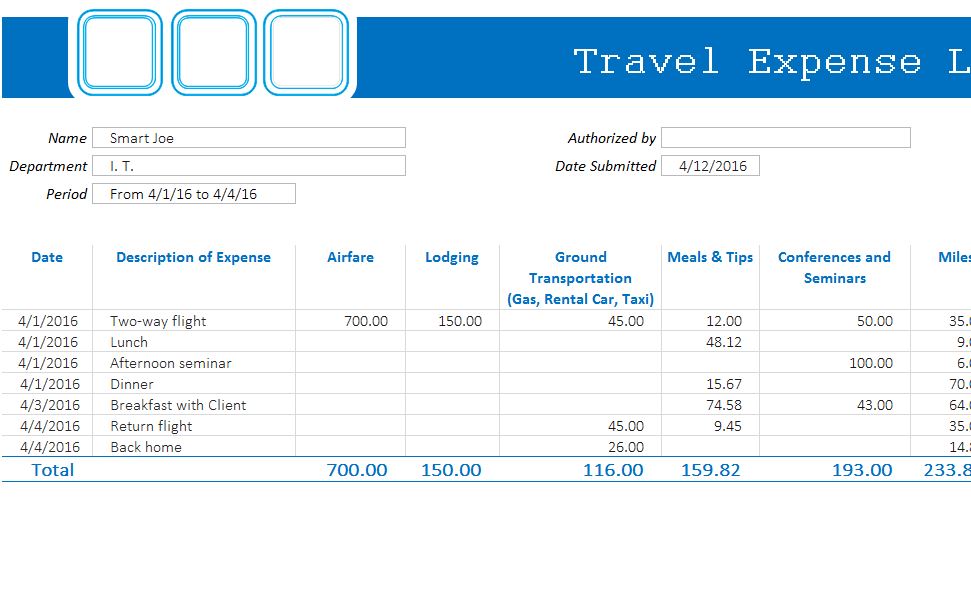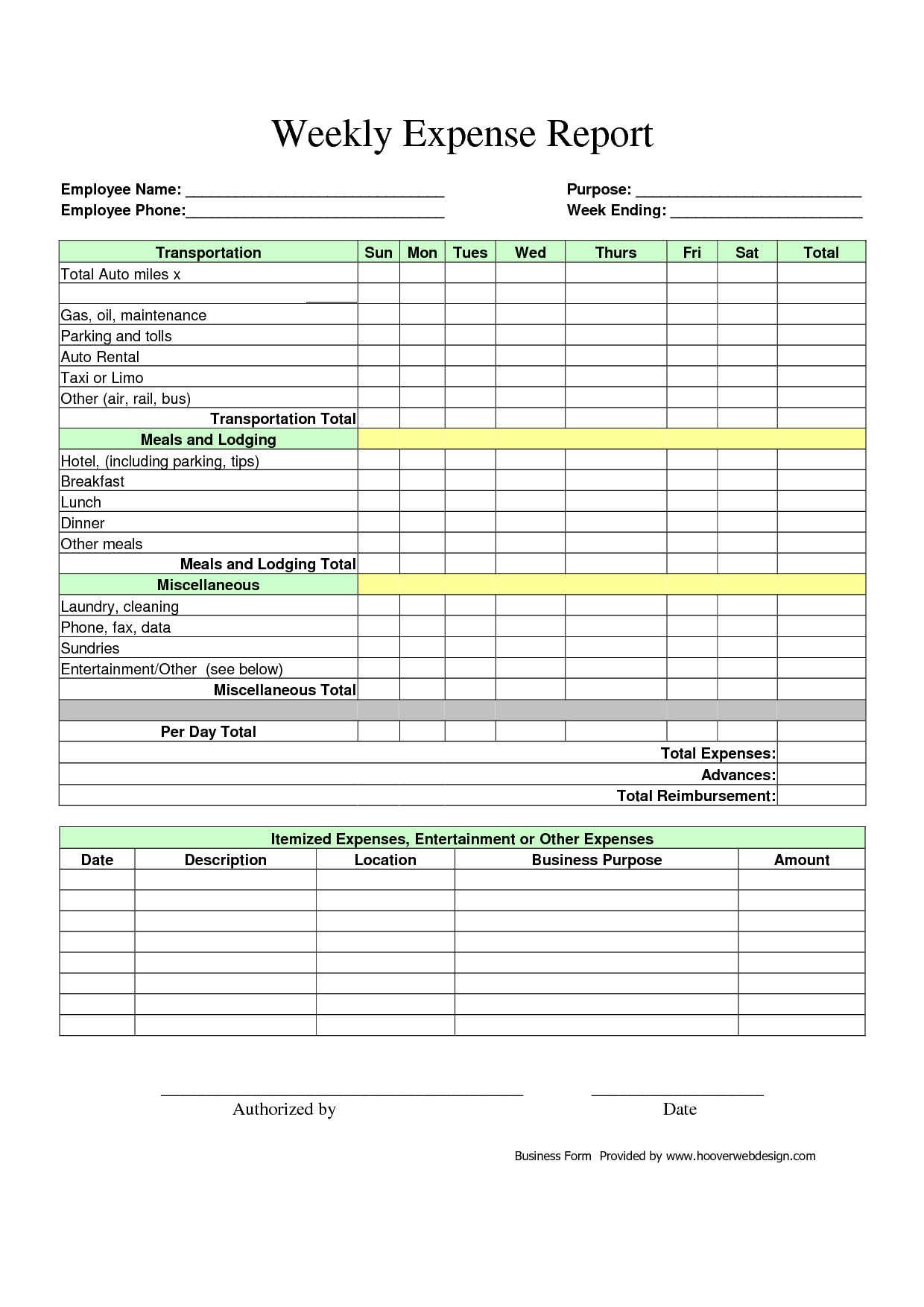

04 Section 1.274-5(g), in part, grants the Commissioner the authority to prescribe rules relating to reimbursement arrangements or per diem allowances for ordinary and necessary expenses paid or incurred while traveling away from home. Section 274(d) further provides that regulations may prescribe that some or all of the substantiation requirements do not apply to an expense that does not exceed an amount prescribed by the regulations. 03 Section 274(d) provides, in part, that no deduction is allowed under § 162 for any travel expense (including meals and lodging while away from home) unless the taxpayer complies with certain substantiation requirements. In the case of any expenses for food or beverages consumed while away from home (within the meaning of § 162(a)(2)) by an individual during, or incident to, the period of duty subject to the hours of service limitations of the Department of Transportation, § 274(n)(3) provides that, for taxable years beginning in 2008, the deductible percentage for these expenses is 80 percent.

02 Section 274(n) generally limits the amount allowable as a deduction under § 162 for any expense for food, beverages, or entertainment to 50 percent of the amount of the expense that otherwise would be allowable as a deduction. However, under § 262, no portion of the travel expenses that is attributable to personal, living, or family expenses is deductible. Under that provision, an employee or self-employed individual may deduct expenses paid or incurred while traveling away from home in pursuit of a trade or business.
#Business travel expenses code
01 Section 162(a) of the Internal Revenue Code allows a deduction for all the ordinary and necessary expenses paid or incurred during the taxable year in carrying on any trade or business. This revenue procedure does not provide rules under which the amount of an employee's lodging expenses will be deemed substantiated to a payor when a payor provides an allowance to pay for those expenses but not meal and incidental expenses. Use of a method described in this revenue procedure is not mandatory, and a taxpayer may use actual allowable expenses if the taxpayer maintains adequate records or other sufficient evidence for proper substantiation. In addition, this revenue procedure provides an optional method for employees and self-employed individuals who are not reimbursed to use in computing the amounts paid or incurred for business meal and incidental expenses, or for incidental expenses only if no meal expenses are paid or incurred, while traveling away from home. 809, and provides rules under which the amount of ordinary and necessary business expenses of an employee for lodging, meal, and incidental expenses, or for meal and incidental expenses, incurred while traveling away from home are deemed substantiated under § 1.274-5 of the Income Tax Regulations when a payor (the employer, its agent, or a third party) provides a per diem allowance under a reimbursement or other expense allowance arrangement to pay for the expenses. Administrative, Procedural, and MiscellaneousĢ6 CFR 601.105: Examination of returns and claims for refund, credit, or abatement determination of correct tax liability.


 0 kommentar(er)
0 kommentar(er)
